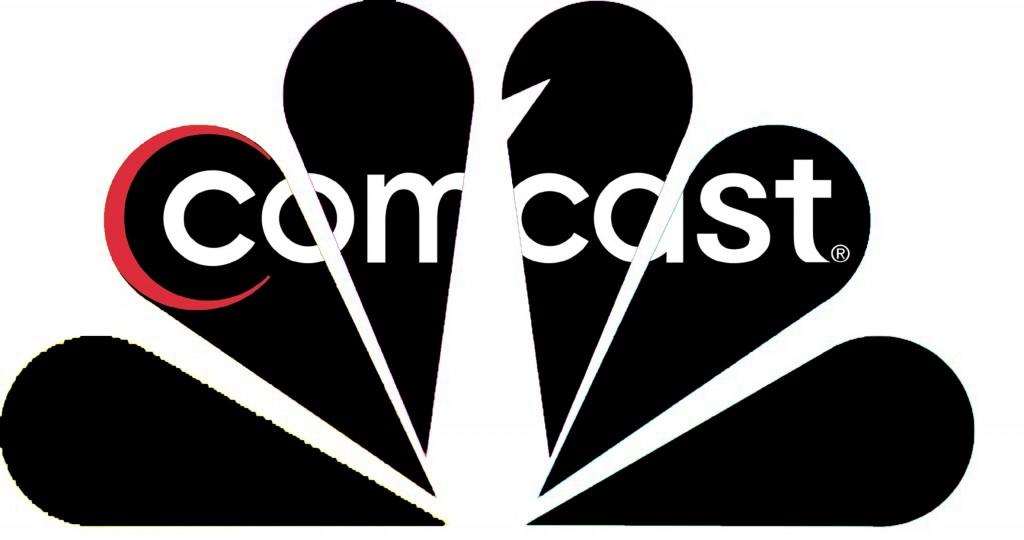FCLC Faculty And Students React To NBC/Comcast Merger
July 12, 2011

Published: February 16, 2011
America’s largest Internet provider, Comcast, and one of the nation’s leading television broadcasting companies, NBC, were granted permission by the Federal Communications Commission (FCC) to create a joint venture, making it arguably the biggest merger in media history. And while the merger is still in its primal stages, an immense amount of speculation has occurred regarding the effect it will have on the media industry.
Brian Rose, professor of communication and media studies, said that while the media industry as a whole may see a negative effect, the merger will not directly affect communication and media studies majors at Fordham College at Lincoln Center (FCLC).
Sinead Devlin, FCLC ‘11 disagreed and said that this merger will in fact affect FCLC students. “It’s bad news for students who are interested in working for independent and smaller ventures, many of which may not be able to survive in the shadow of the competition,” Devlin said.
The Associated Press reported that “the deal will give Comcast Corp. 51 percent of the fourth-ranked broadcaster, NBC, a bevy of cable channels and the Universal Pictures movie studio. It caps a yearlong regulatory review that resulted in conditions meant to keep it from stifling the growth of online video services such as Netflix and Hulu.”
Brian Rose, however, said he disagrees with the diversity that this merger is allegedly supposed to bring to the media industry.
“The FCC said they would only approve this if they could set up protections because this merger could potentially restrict the information the public gets, but the media controls how people get their information,” Rose said.
On Jan. 18, the FCC released a statement granting approval for the media giants to merge “with conditions and enforceable commitments.” The approval also included terms by which Comcast-NBCU will be required to abide.
According to the statement, some of these terms include “expanding children’s programming; enhance the diversity of programming available to Spanish-speaking viewers; offering broadband services to low-income Americans at reduced monthly prices; and providing high-speed broadband to schools, libraries and underserved communities, among other public benefits.”
Luke Villapaz, FCLC ‘11, said he is skeptical of whether or not the terms of the merger will actually be enforced by the FCC.
“I would argue the terms themselves to be weak at best,” Villapaz said, “Taking the control of Hulu out of [NBC’s] hands was a good thing, but Comcast has repeatedly fought the FCC in its attempts to enforce net neutrality.”
Rose said that with NBC and Comcast under the same corporate management, diversity in the media will inevitably be stiffened because “Comcast will control so many aspects [of media].”
Helen Pike, adjunct professor of communication and media studies, agreed and said, “In our nation’s free-market economy that’s supposed to be about more choices, this merger is about less. Comcast is merely buying the content produced by NBC instead of creating its own. In fact, what little original content Comcast once produced has just about vanished. Broadcasting sporting events is not creating original content.”
On potential future media mergers, Rose said, “There is really so little left to buy. The market is already owned by such few competitors.” Despite this, American Online (AOL) paid $315 million, $300 million in cash and the rest in stock, to acquire the news aggregator site, The Huffington Post, on Jan. 7. The New York Times reported that it is “the company’s largest acquisition since it was separated from Time Warner in 2009.”
Rose said because there are so many media companies in Manhattan, job opportunities won’t be jeopardized. However, Rose said that the real future of the media industry as a whole cannot be known.
“It’s all people speculating. No one really knows what can or will happen,” Rose said, “Comcast, and every cable company, can charge the public whatever they want for cable and Internet services. It didn’t use to be this way, the government used to regulate cable system prices until 1996, and as a result, cable prices have more than tripled.”
However, Pike said that she does believe this merger will affect students at FCLC.
“[There will be] fewer jobs for Fordham’s media graduates. What students will have to keep an eye on is Verizon’s FIOS initiative, and if that will produce original content. Because that’s where the real clash of the titans lies: between the cable and phone providers.”
Villapaz said this merger will lead to problems in the media industry down the road.
“I think the merger sets a dangerous precedent where the owners of the pipes like Comcast, Verizon, Cablevision, Time Warner, start buying up all the content owners,” Villapaz said. “Much like the Paramount Decision, it could prove problematic in the future, especially with newer content competitors. It will take time to see what exact effects will take place as a result of the merger, but it is still something to be concerned about.”
Devlin said she agreed that this merger could be a detriment to the media industry. “People were worried about the increasingly monopolistic media landscape long before Comcast bought NBC,” she said. “The merger is dangerous because it means that the already highly concentrated mass media will now be controlled by even fewer authorities. [There is a] risk that fewer voices will be heard. If a few gatekeepers are controlling the messages that millions and millions of people are hearing, the validity of the messages being heard needs to be questioned.”











